HPV is a virus that can infect both males and females of all ages. HPV infections may lead to diseases such as skin warts, genital warts, cervical cancer, penile cancer, and anal cancer.
There are more than 100 types of HPVs, with about 40 known to affect the genital area. Of these, there are high-risk types known to cause cancer and low-risk types which may cause genital warts. Vaccines against some of these high and low-risk types are available today.
Most HPV infections clear naturally, but there is no way to predict who can clear the virus on their own, or who will carry the virus and potentially spread it. The virus itself cannot be treated. However, some of the diseases it causes can be managed.
For example, if a person infected with HPV presents with a wart, we can use medications to treat it or use various techniques to remove it, but the virus itself is not eradicated from the body. That is why vaccination is so important for everyone so that the virus will not take root in the body.
➡️ Related Read: Childhood Vaccinations For Safety, and Peace of Mind
What is the HPV vaccination?
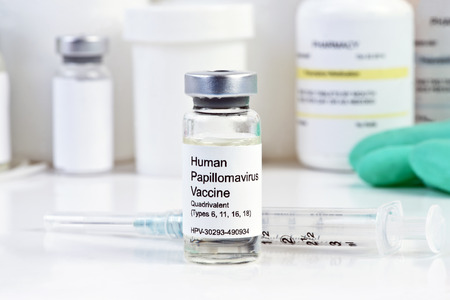
Many countries have already included HPV vaccines in their immunization schedules. There are 3 different types of HPV vaccines available in Singapore:
1. Cervarix
- The first vaccine produced for HPV
- Protects against 2 high-risk HPV types: 16 and 18
- These 2 subtypes cover about 70% of cervical cancers
- This is the one offered to the secondary school girls
2. Gardasil
- Protects against the high risk 16 and 18
- And 2 more low-risk types 6 and 11
3. Gardasil 9
- The only vaccine used in the United States now
- Protects against 6, 11, 16, 18, 31, 33, 45, 52, and 58
- Covers about 90% of HPV-related cervical cancers and diseases
Who can get the vaccine?
Both men and women can be vaccinated. HPV is generally transmitted during sex, and the manufacturer recommends it for women age 9-26, before they become sexually active.
However, if you are already sexually active, it is still recommended that you get the vaccine as you may not have been exposed to HPV yet. If you are older than 26, the vaccine may be given as well. HPV vaccine should be postponed for pregnant ladies as it is not suitable for pregnancy.
What are the side effects or is there a follow up necessary?
For some patients, there can be pain, swelling, itching or redness at the site of injection. Some people may also develop a low-grade fever, headache or some nausea.
But most patients find the injection to be tolerable with minimal side effects.
It is recommended that you continue with cervical cancer screening (Pap smears, NEW HPV testing) after taking the HPV vaccination.
Does these cause seizures, brain damage or paralysis?
The answer is NO.
Doctor, what then is this new HPV test?
Recently the Ministry of Health has recommended new screening guidelines for cervical cancer. In the past, the Pap smear was the main tool to screen for cervical cancer in ladies 25 – 69 years old who ever had sex.
With the new guidelines, for ladies 25 – 29 years old, pap smears should be done at 3 yearly intervals. The doctor might still recommend an HPV test depending on the result of the Pap smear.
For ladies, 30 years old and above, HPV testing should definitely be done.
So what is this HPV test?
This is a test that detects the presence of HPV in the cells of your cervix.
How is this test done?
This test is done in the exact same way as the Pap smear, where the doctor will collect a sample of cells from the cervix. This can be done in the clinic in just a few short minutes.
The collection process may be slightly uncomfortable, but it should not be painful. No anesthesia is required and you can continue your day after the procedure without any restriction. The cells will then be sent for a Pap smear and/or an HPV test.
Before coming for the procedure, it is important to avoid sexual intercourse 2-3 days before. We recommend coming 5 days after the last day of your menstruation.
Why is this test done?
It is known that most cases of pre-cancer and cervical cancer are preceded by HPV infection. So to detect the possibility of cancer, we can look for the presence of HPV first.
It is important to note that not all people with HPV will have cancer, but if HPV is present, we might recommend further testing and monitor the patient more regularly. If the HPV test is negative, you are cleared for 5 years.
So don’t be surprised if your doctor recommends this test during your next visit. HPV is something that affects both men and women and lifetime protection is conferred with vaccination.
This article is contributed by Dr Chester Lan, DTAP Clinic Group (Dr. Tan & Partners).
HPV Vaccination in Singapore
Senior Minister of State for Health Amy Khor announced in parliament on 6 March 2019 that all Secondary 1 girls in Singapore’s national schools will be offered free HPV vaccination from April 2019 to protect them against cervical cancer. This includes girls in madrasahs.
As a one-time catch-up, the offer will be progressively extended to all girls currently studying in Secondary school. All other females of similar age studying in private education institutes will also be offered the free HPV vaccination if they are Singapore residents. Note that this is an opt-in scheme.
* * * * *
Like what you see here? Get parenting tips and stories straight to your inbox! Join our mailing list here.
Want to be heard 👂 and seen 👀 by over 100,000 parents in Singapore? We can help! Leave your contact here and we’ll be in touch.






































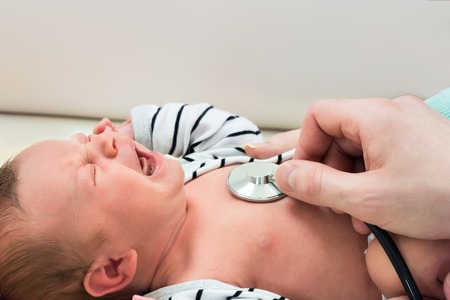
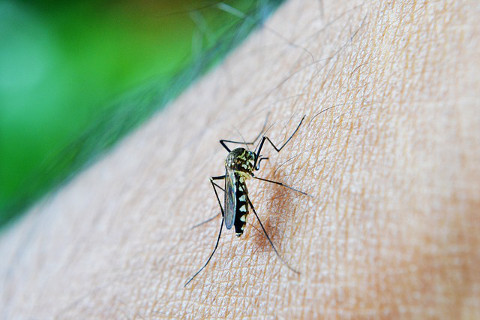

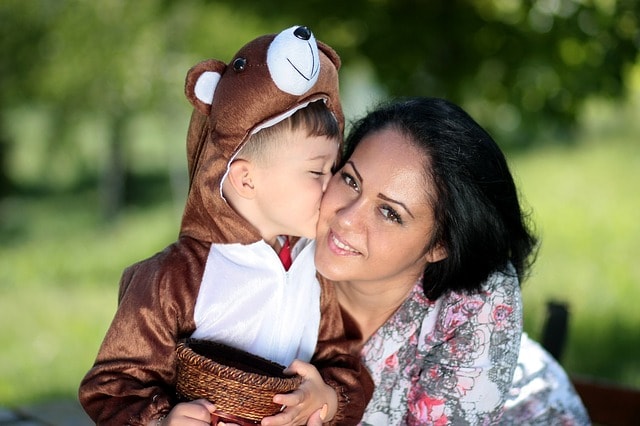
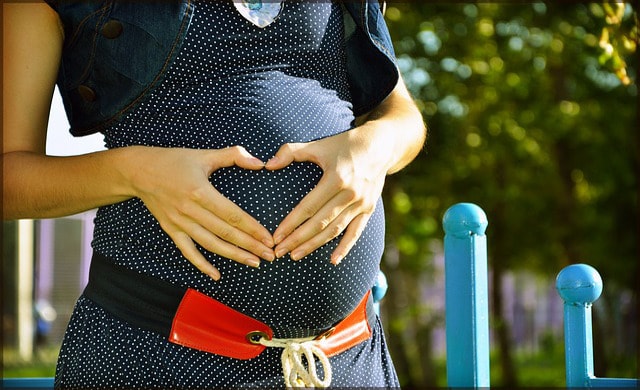
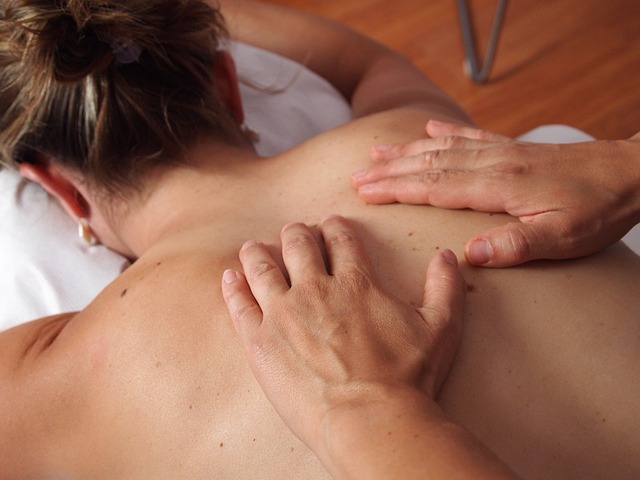

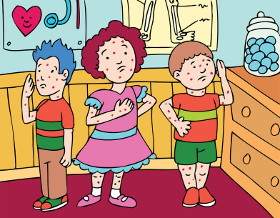
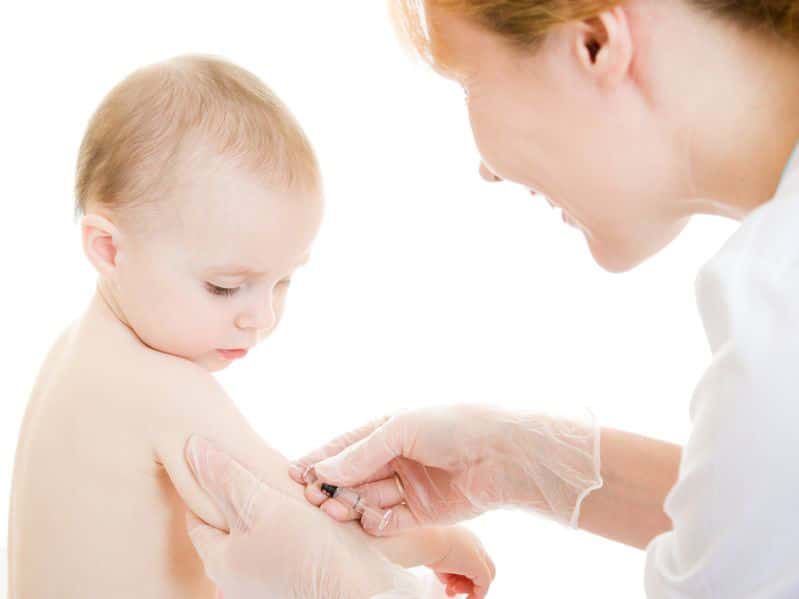
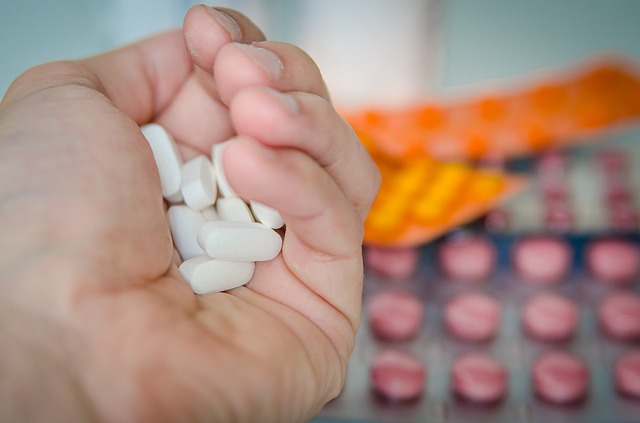
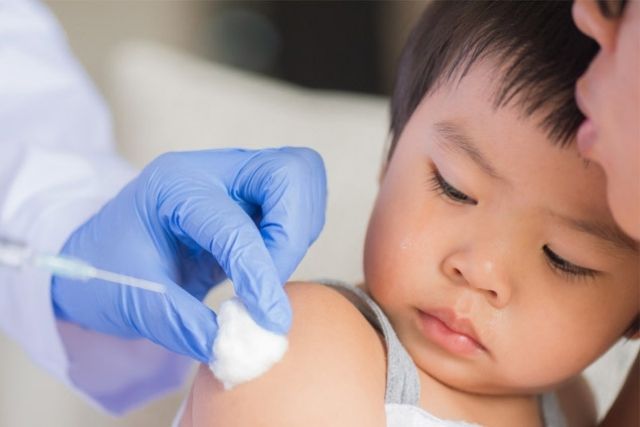


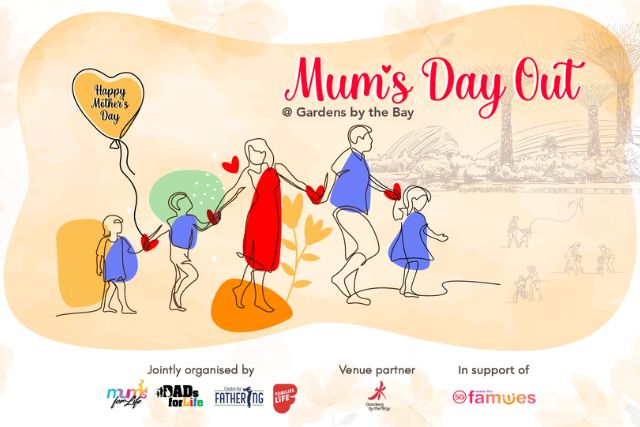






Leave a Comment: